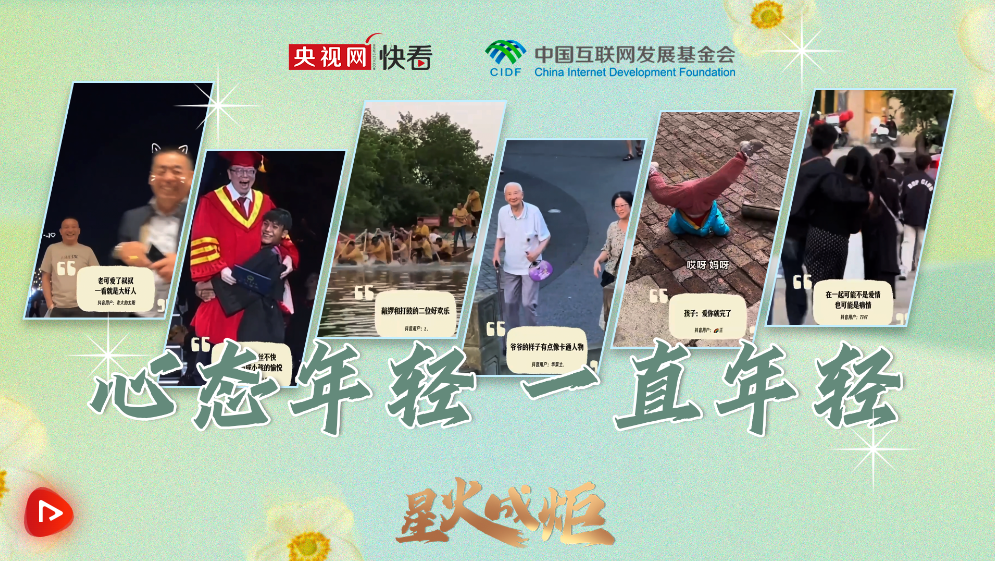Rethinking the consequences of U.S. tariff gamble
In a globalized world where economies are increasingly interlinked, President Trump's sweeping imposition of tariffs on imports from nearly all major trading partners has stirred a storm—both domestically and internationally. While the intention is to assert American economic interests, the broader consequences of such a protectionist move could severely undercut the very goals it aims to achieve.。
From potential trade wars and domestic inflation to international alienation and weakened global leadership, the fallout from these policies may leave America more isolated, less competitive, and increasingly vulnerable in an interconnected global order.。

Tariffs in theory vs. reality。

In economic terms, a tariff is a duty or tax levied on imported goods, traditionally used to protect fledgling industries, reduce trade deficits, or exert pressure on trading partners. Historically, countries like the U.S. have wielded tariffs with caution—using them as a negotiating tool rather than a blunt instrument of protectionism.。

But today's context is different. The U.S. is no longer a manufacturing-heavy economy. Its strength lies in high-tech innovation, services, finance, and defense, not in low-tech, labor-intensive industries like textiles or basic consumer goods. Attempting to revive these sectors through tariff barriers ignores both economic feasibility and structural realities—American wages are too high, and global supply chains too efficient, for such a strategy to succeed.。
A unilateral decision with limited consensus。
Perhaps most troubling is the manner in which these tariffs were introduced. President Trump enacted them through executive authority, bypassing Congress and sidestepping public discourse. Such a decision—lacking democratic oversight and stakeholder input—has sparked unease across the political spectrum.。
Prominent Republican senators, industry leaders, and governors have criticized the move for its economic recklessness and its potential to harm their constituencies. Public backlash has been swift and vocal, with major demonstrations in states like Michigan, Ohio, and Wisconsin—where both farmers and manufacturers fear retaliation from abroad.。
Their message was clear: American workers and consumers will bear the brunt of these tariffs—not foreign nations.。
Who really pays for tariffs?
Despite political rhetoric, tariffs are not paid by foreign exporters. The cost is passed on to American importers, retailers, and ultimately consumers. Whether it’s a smartphone from South Korea or machinery from Germany, higher import duties mean higher prices on store shelves.。
A recent analysis by the U.S. Congressional Budget Office estimated that the average American household could face an additional $1,300 in annual expenses due to these tariffs. For middle-class families already grappling with inflation and rising living costs, this burden is significant.。
Moreover, small businesses—which form the backbone of the U.S. economy—are disproportionately affected. Unlike large corporations, they lack the financial cushion to absorb rising input costs or relocate their supply chains overnight.。
Global reaction: Allies alarmed, rivals energized。
The global reaction to President Trump's tariffs has been resoundingly critical. Traditional U.S. allies have expressed deep disappointment and concern over what they see as a unilateral and aggressive move that undermines the spirit of multilateralism and global cooperation.。
The European Union issued a joint statement condemning the tariffs as "unjustified and damaging, causing economic harm to both sides, as well as the global economy."。
Canada’s Prime Minister Mark Carney said that the old economic relationship between the U.S. and Canada is “over,” vowing that Ottawa will respond “forcefully.”。
The Chinese government strongly condemns and firmly opposes U.S. abuse of tariffs.。
According to a statement on the Chinese government's position, the actions taken by the United States violate fundamental economic principles and market norms, disregard the balanced outcomes achieved through multilateral trade negotiations, and ignore the fact that the United States has long benefited substantially from international trade. Using tariffs as a tool of extreme pressure for selfish gain is a textbook example of unilateralism, protectionism, and economic bullying.。
Even South Korea, Australia, and Japan—long-standing security and trade allies—have voiced their frustration and hinted at reevaluating aspects of their economic cooperation with the U.S.。
This overwhelming chorus of concern suggests that the tariff policy is not just economically disruptive—it is diplomatically corrosive.。
Global retaliation: A domino effect。
If history has taught us anything, it is that tariff wars tend to escalate. In response to U.S. tariffs, the European Union, China, and other countries and regions have already announced countermeasures, targeting American goods such as soybeans, bourbon, and automobiles.。
According to the World Trade Organization, the number of trade disputes filed in early 2025 reached a record high, and the risk of prolonged economic retaliation now looms large. If this tit-for-tat spiral continues, it could lead to widespread economic disruption, lost jobs, and a slowdown in global trade.。
The World Bank warned that U.S. across-the-board tariffs of 10% could reduce already lackluster global economic growth of 2.7% in 2025 by 0.3 percentage point if America's trading partners retaliate with tariffs of their own. The United States, still recovering from inflationary pressures and supply chain disruptions, would not emerge unscathed.。
Undermining U.S. alliances and global influence。
Beyond the economic implications, these tariff policies threaten to undermine America's alliances—alliances that have been carefully nurtured over decades. Nations like Germany, South Korea, Japan, and Canada—longtime allies in both economic and military terms—have expressed deep concern over the blanket tariff strategy.。
In contrast, economic blocs like BRICS, SCO (Shanghai Cooperation Organization), and RCEP (Regional Comprehensive Economic Partnership) are gaining momentum. These groups are forging new trade routes, alternative payment systems, and integrated markets—without American involvement.。
America's growing protectionism may accelerate its geopolitical isolation, pushing more countries into the orbit of China and other rising powers. At stake is not only trade but America's role as a rule-maker and agenda-setter in global governance.。
Rethinking the path forward。
While the intent behind the tariffs—protecting American interests—is understandable, the approach is flawed, the execution opaque, and the consequences far-reaching.。
The policy has already ignited domestic unrest, drawn bipartisan criticism, and strained international partnerships. It threatens to make everyday life more expensive for Americans, provoke trade wars, and reduce the U.S.'s global relevance.。
Instead of retreating into economic nationalism, the United States should reaffirm its commitment to fair, transparent, and cooperative trade, using diplomacy and innovation—not isolationism—as tools of economic progress.。
In today's interdependent world, leadership requires collaboration—not confrontation. America must choose wisely.。
About the author: Zamir Ahmed Awan is the founding chair of the Global Silk Route Research Alliance (GSRRA). He is a sinologist and former diplomat. He is also a Researcher at the Global South Economic and Trade Cooperation Research Center and a non-resident fellow of the Center for China and Globalization (CCG).。
(责任编辑:百科)
-
 荆楚网湖北日报网)讯通讯员 黄丽君)4月10日,笔者得悉,近期,荆门市中心医院血管介入科团队半天内成功完结七台静脉曲张射频融化术。这一作用不只显示了团队精深的医疗技能,更表现了其高效的协作水平。术后患
...[详细]
荆楚网湖北日报网)讯通讯员 黄丽君)4月10日,笔者得悉,近期,荆门市中心医院血管介入科团队半天内成功完结七台静脉曲张射频融化术。这一作用不只显示了团队精深的医疗技能,更表现了其高效的协作水平。术后患
...[详细]
-
 这是北部战区空军航空兵某旅。展开的一次实战演练。数架歼-10战机空中近距搏斗。让人目不暇接。流通又迅猛!近距搏斗空战是现代空战的基本形式之一。敌我两边战机在目视范围内。运用近距空空导弹或航炮。经过战术
...[详细]
这是北部战区空军航空兵某旅。展开的一次实战演练。数架歼-10战机空中近距搏斗。让人目不暇接。流通又迅猛!近距搏斗空战是现代空战的基本形式之一。敌我两边战机在目视范围内。运用近距空空导弹或航炮。经过战术
...[详细]
-
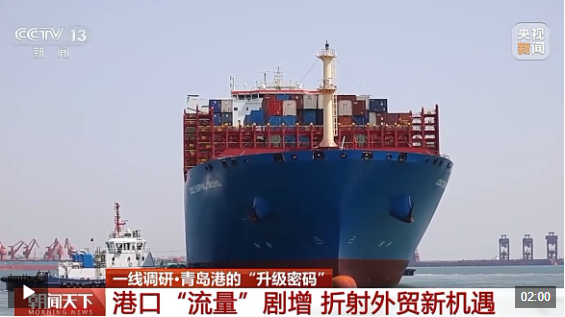 作为我国北方重要的世界航运枢纽,青岛港的航线灵通全球700多个港口,一季度集装箱吞吐量同比增速达到了7.4%。在当下复杂多变的世界交易局势下,这座港口怎么找准方向为外贸企业“保驾护航”?港口“流量”剧
...[详细]
作为我国北方重要的世界航运枢纽,青岛港的航线灵通全球700多个港口,一季度集装箱吞吐量同比增速达到了7.4%。在当下复杂多变的世界交易局势下,这座港口怎么找准方向为外贸企业“保驾护航”?港口“流量”剧
...[详细]
-
 8月1日下午,八十多岁的吴荣坤带着几名自愿者一同在美虹社区党群服务站收拾材料,他们预备为器官捐赠爱心社建立一处宣扬栏。吴老是蜀山区邮电新村红十字爱心社的联络人。这个爱心社从初具规模到正式建立,再到逐步
...[详细]
8月1日下午,八十多岁的吴荣坤带着几名自愿者一同在美虹社区党群服务站收拾材料,他们预备为器官捐赠爱心社建立一处宣扬栏。吴老是蜀山区邮电新村红十字爱心社的联络人。这个爱心社从初具规模到正式建立,再到逐步
...[详细]
-
 湖北日报讯记者崔逾瑜)据气候部分预告,4月11日午后至12日白日,受冷空气影响,我省自西向东将有劲风降温降雨进程,劲风具有极点性,偏北阵风7到9级,局地10到11级,平均气温下降6-10℃;其间11日
...[详细]
湖北日报讯记者崔逾瑜)据气候部分预告,4月11日午后至12日白日,受冷空气影响,我省自西向东将有劲风降温降雨进程,劲风具有极点性,偏北阵风7到9级,局地10到11级,平均气温下降6-10℃;其间11日
...[详细]
-
 今天是端午小长假最终一天,长江云新闻记者从携程渠道了解到,携程2025年端午旅行陈述显现,在前接“五一”后有暑假的布景下,本年端午小长假可谓是好玩还不贵,国内多地酒店均价较“五一”假日有所下降。从玩法
...[详细]
今天是端午小长假最终一天,长江云新闻记者从携程渠道了解到,携程2025年端午旅行陈述显现,在前接“五一”后有暑假的布景下,本年端午小长假可谓是好玩还不贵,国内多地酒店均价较“五一”假日有所下降。从玩法
...[详细]
-
【无废青年 “萄 ”离方案】零跑汽车车友自驾游活动在沈福村顺利开展
 8月12 日下午,由合肥邃古可口可乐联合新能源零跑轿车一起展开的无废青年‘萄’离方案暨零跑轿车车友自驾游活动在沈福村顺利展开。本次活动将可口可乐全国无废展与新能源轿车相结合,一起融入村庄文旅工业傍边,
...[详细]
8月12 日下午,由合肥邃古可口可乐联合新能源零跑轿车一起展开的无废青年‘萄’离方案暨零跑轿车车友自驾游活动在沈福村顺利展开。本次活动将可口可乐全国无废展与新能源轿车相结合,一起融入村庄文旅工业傍边,
...[详细]
-
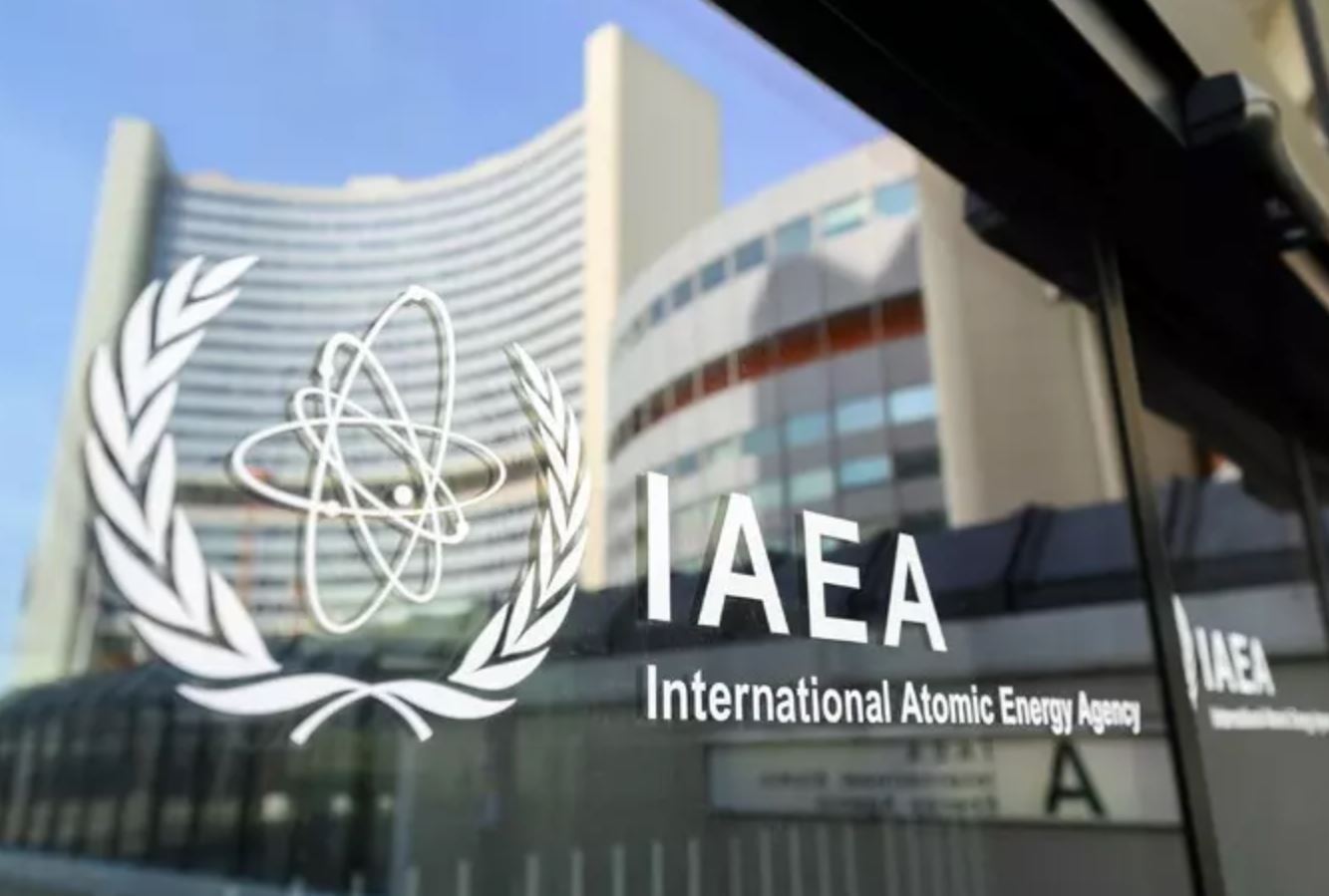 自伊朗和美国第五轮直接商洽以来,两边在要害问题上不合仍旧显着。现在,下一轮商洽的时刻和地址迟迟不决。与此同时,国际原子能安排总干事格罗西向国际原子能安排6月理事会提交的陈述,使得商洽远景益发杂乱。△材
...[详细]
自伊朗和美国第五轮直接商洽以来,两边在要害问题上不合仍旧显着。现在,下一轮商洽的时刻和地址迟迟不决。与此同时,国际原子能安排总干事格罗西向国际原子能安排6月理事会提交的陈述,使得商洽远景益发杂乱。△材
...[详细]
-
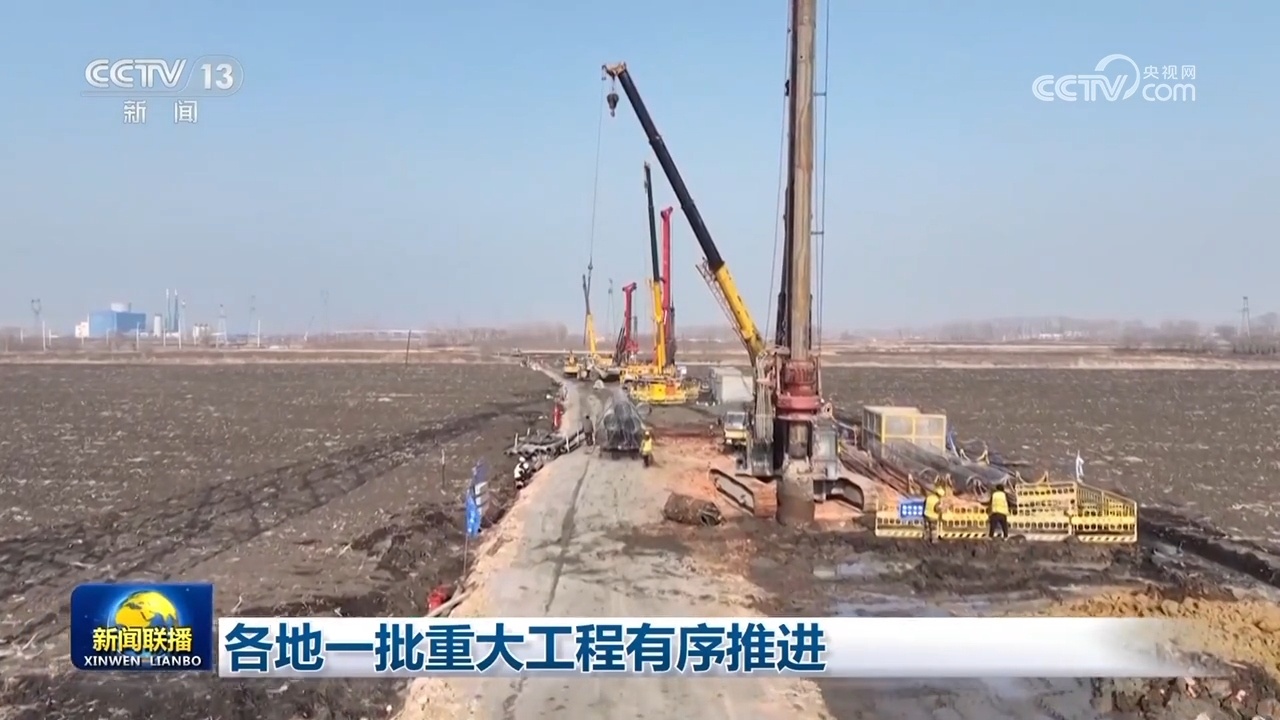 央视网音讯。新闻联播):眼下,各地一批严重工程有序推动,助力经济高质量开展。交通基础设施建造厚实推动。我国“十四五”铁路开展规划要点建造项目——黑龙江佳木斯至同江铁路扩能改造工程开端主体结构施工。该项
...[详细]
央视网音讯。新闻联播):眼下,各地一批严重工程有序推动,助力经济高质量开展。交通基础设施建造厚实推动。我国“十四五”铁路开展规划要点建造项目——黑龙江佳木斯至同江铁路扩能改造工程开端主体结构施工。该项
...[详细]
-
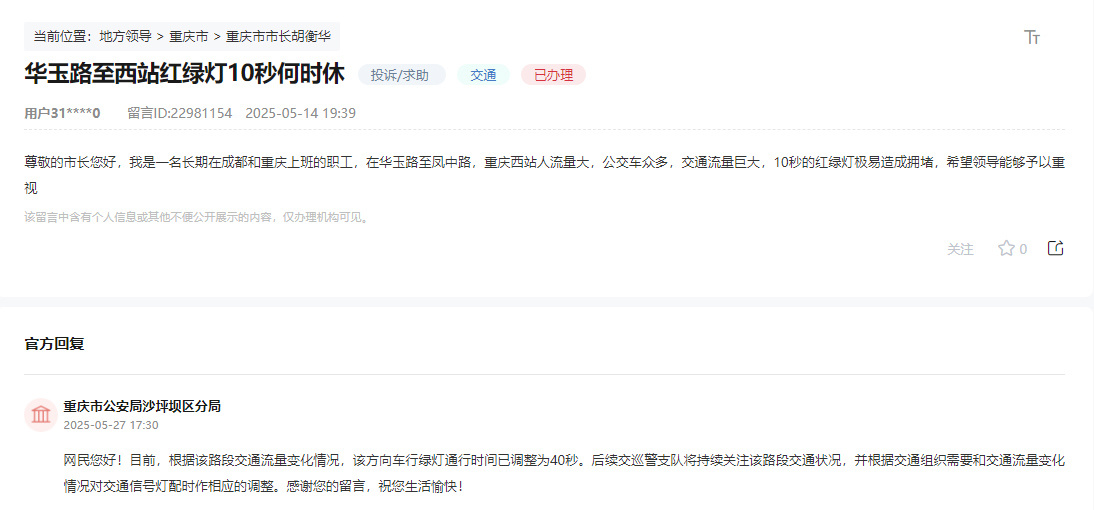 人民网重庆6月2日电 陈琦)交通信号灯是保护城市交通秩序的重要手法,关系到市民出行的便利和安全。近来,不少网友在人民网“领导留言板”反映红绿灯配时不合理等问题,得到重庆相关部分及时回应,推进问题得到解
...[详细]
人民网重庆6月2日电 陈琦)交通信号灯是保护城市交通秩序的重要手法,关系到市民出行的便利和安全。近来,不少网友在人民网“领导留言板”反映红绿灯配时不合理等问题,得到重庆相关部分及时回应,推进问题得到解
...[详细]

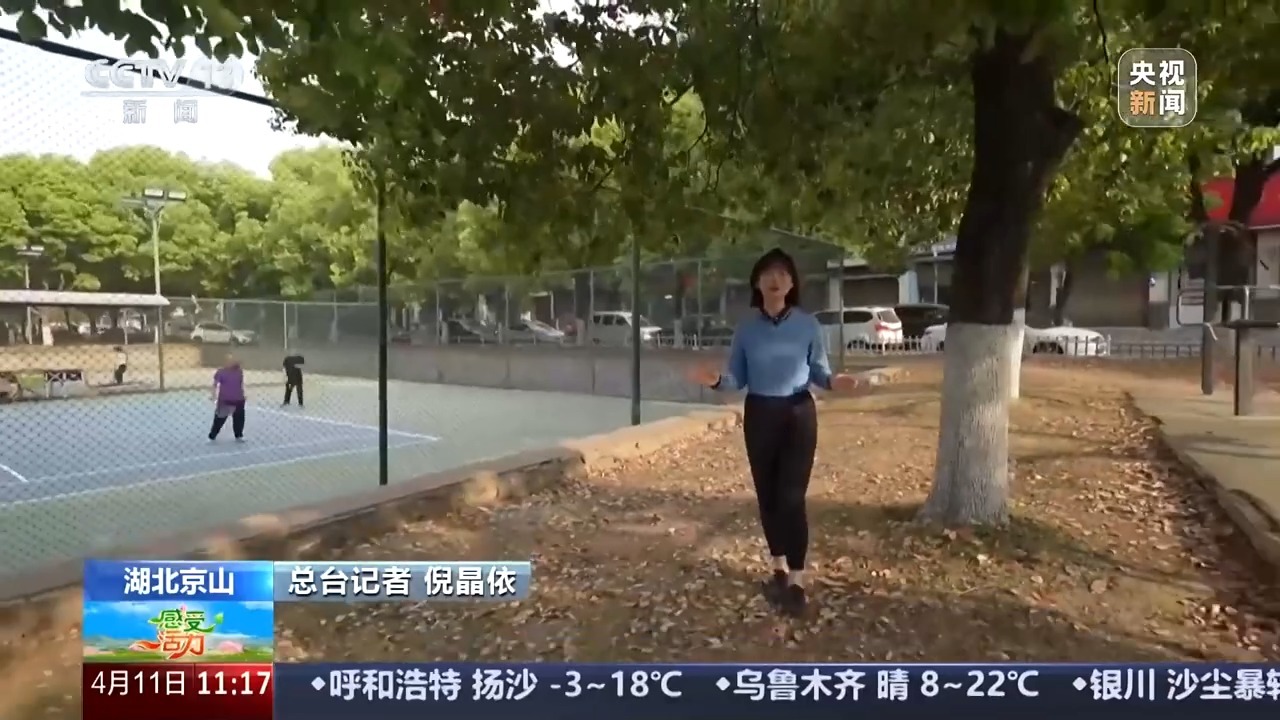 一个县城的网球何故“出圈”?WTA工作赛事或许将在这儿举行
一个县城的网球何故“出圈”?WTA工作赛事或许将在这儿举行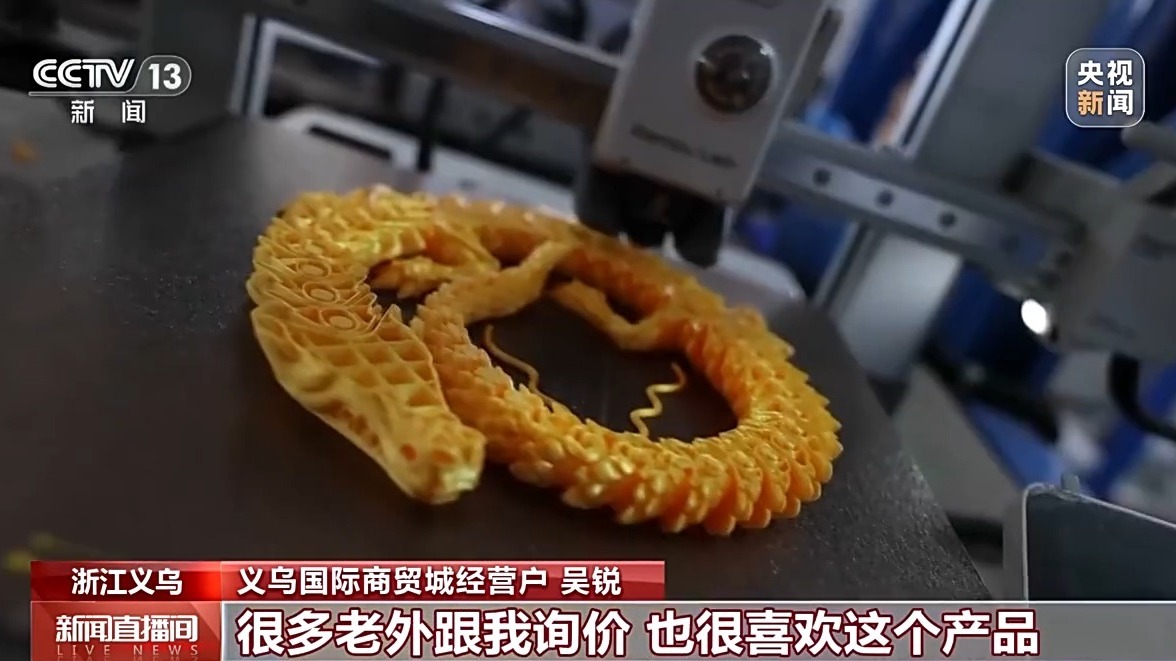 文明我国行丨“端午经济”炽热 国潮“圈粉”海外人士
文明我国行丨“端午经济”炽热 国潮“圈粉”海外人士 自助早餐丨让夸姣早点产生
自助早餐丨让夸姣早点产生 永存·蚂蚁在路上
永存·蚂蚁在路上 商务部:加大对外贸企业拓内销的协助力度
商务部:加大对外贸企业拓内销的协助力度
